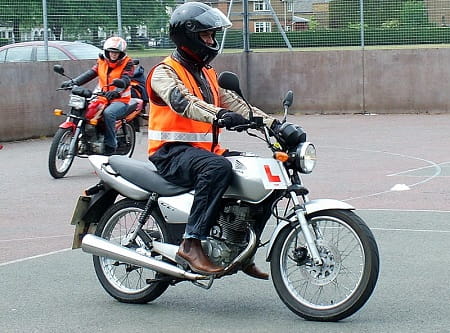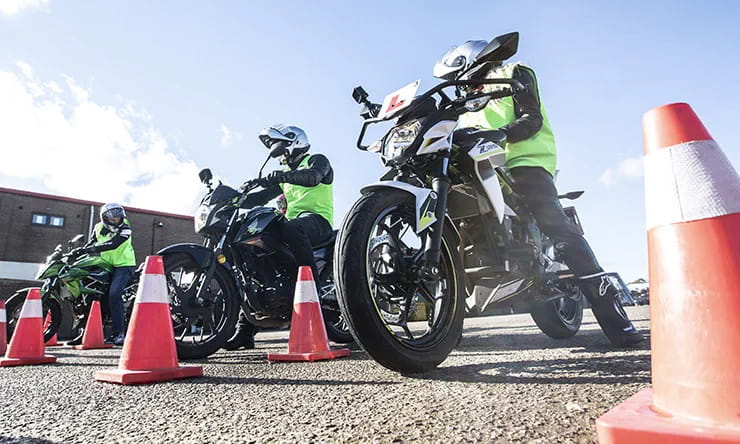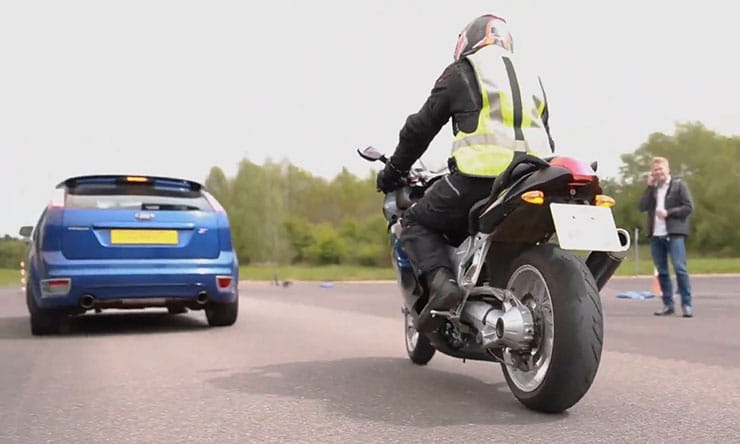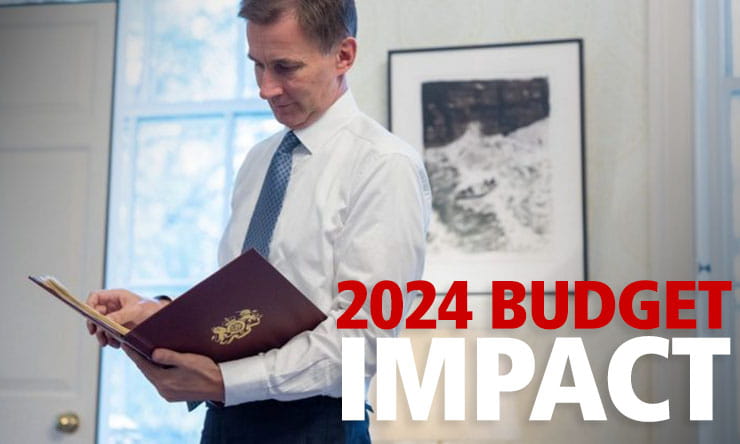
A report commissioned by the Government into the effectiveness of Compulsory Basic Training has recommended a number of changes be implemented in order to make motorcycling safer for new riders.
As the law stands, CBT tests can be taken from 16 years old and once passed, a rider can ride on the road unaccompanied with ‘L’ plates for two years.
The study comes after statistics showed there were between 7,000 and 8,000 road collisions involving motorcyclists or moped riders aged 16-24 each year from 2009 to 2012. 58% of these incidents involved riders aged between 16 and 19.
A survey was conducted among a number of both learner motorcyclists and CBT trainers, with ten subjects in each category undergoing a further in depth interview. The survey covered things such as perceived experience and understanding of riding motorcycles before taking the test, whether one day is enough to learn how to ride a motorcycle, on-road experience and reactions to alternative ways of running the CBT test process.
Recommendations from the report’s findings included:
- Introducing a theory test
There is currently no theory test element to CBT, unlike when going for a full motorcycle or car licence. One suggestion is that introducing a theory test, or simplified element of it, would introduce a better understanding of the Highway Code and hazard perception particularly if a rider has no road experience.
- Allow more flexibility for repeat CBT learners
Once your CBT runs out after 2 years, you must re-take the CBT to be able to continue riding should you not wish to take your full motorcycle test. Some trainers suggested repeat CBTs should be better suited to the level of the rider, who should not have to repeat certain elements such as clothing and starting a bike up after a year on the road. However, one concern is that a two-tier CBT system could hold people off taking their full motorcycle test.
- One-day course is fine, but it needs to be easier to extend training if necessary
Some learners said they felt like they could have done with on-road training further to the two hours compulsory to pass CBT however didn’t feel like they could as it would increase the cost. The report suggests it should be made easy and not overly costly for those who want extended training to be able to come back for another two hours on the road if they so wish.
- Assess learners’ carefully for bike handling skills and awareness of the highway code
Those who have not reached a satisfactory level of competence should not be rushed through the course in one day, says the report. They should be offered further training with perhaps extended on-site training on the first day before moving onto the road on day two.
- Limit validity of automatic CBT certificates
Currently if a rider passes the CBT on an automatic they can ride a manual 125cc motorcycle. Most trainers agreed that training on an automatic does not prepare you for riding a manual and therefore it is suggested that those trained on an automatic vehicle be restricted to an automatic vehicle.
- Encourage progress to full licence by reducing validity of CBT certificates
One suggestion to discourage repeat CBTs and encourage riders to take their full test is to reduce the time a CBT certificate is valid for from two years to just one. Four in ten trainers think this would work but almost half think it wouldn’t. There are concerns this would increase the cost of the course and deter some learners from taking up motorcycling.
- Inspections
Some CBT trainers are worried that competitors are not playing by the rules and would support mystery unannounced inspections to increase the quality of training across the board.
Find out more about taking your CBT and getting on two wheels here!







